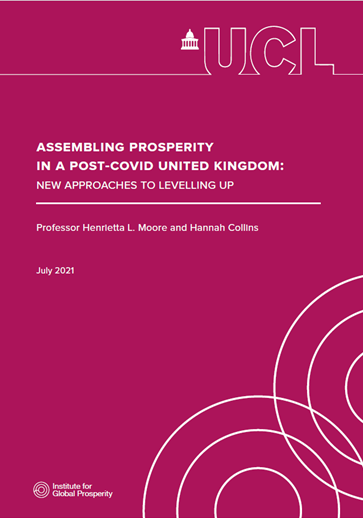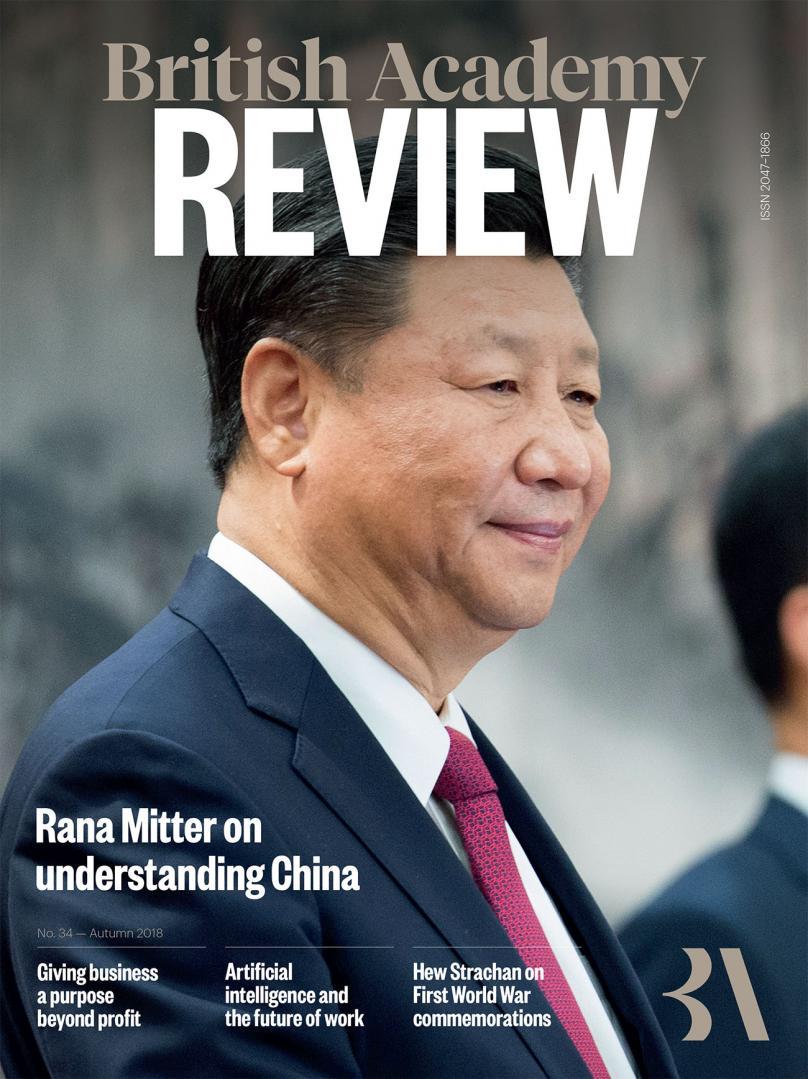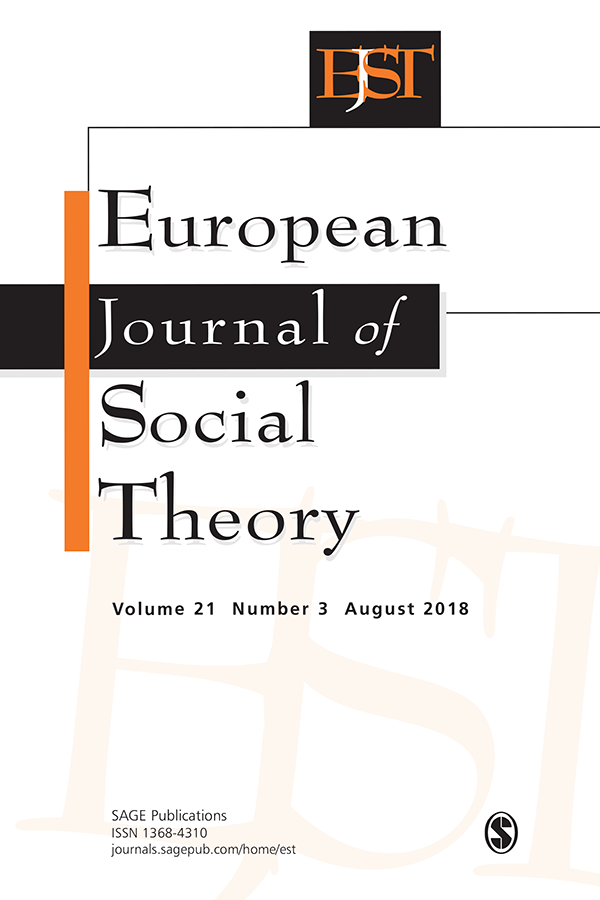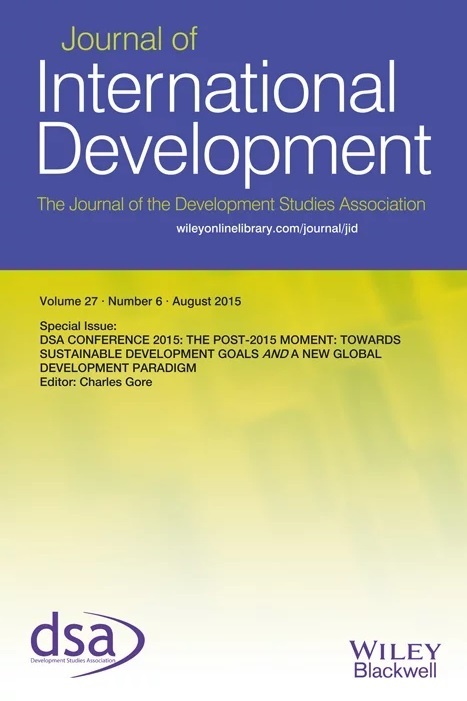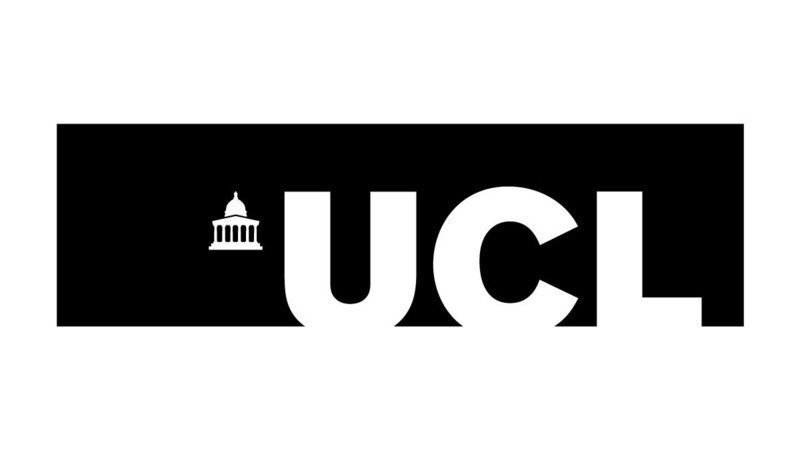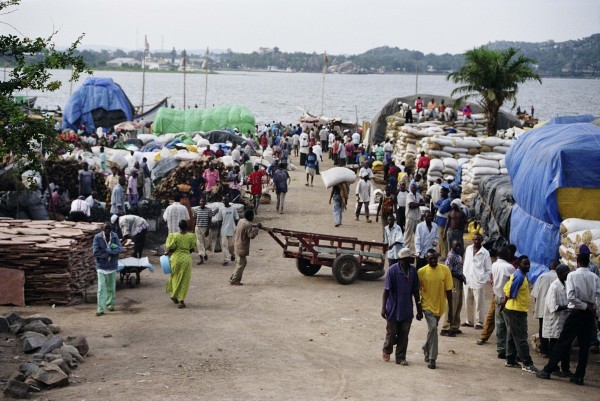
Research: Prosperity
A leading thinker on prosperity Professor Moore challenges traditional economic models of growth arguing that to flourish communities, businesses and governments need to engage with diversity and work within environmental limits. She is the Director of University College London’s Institute for Global Prosperity and the Chair of the London Prosperity Board.
